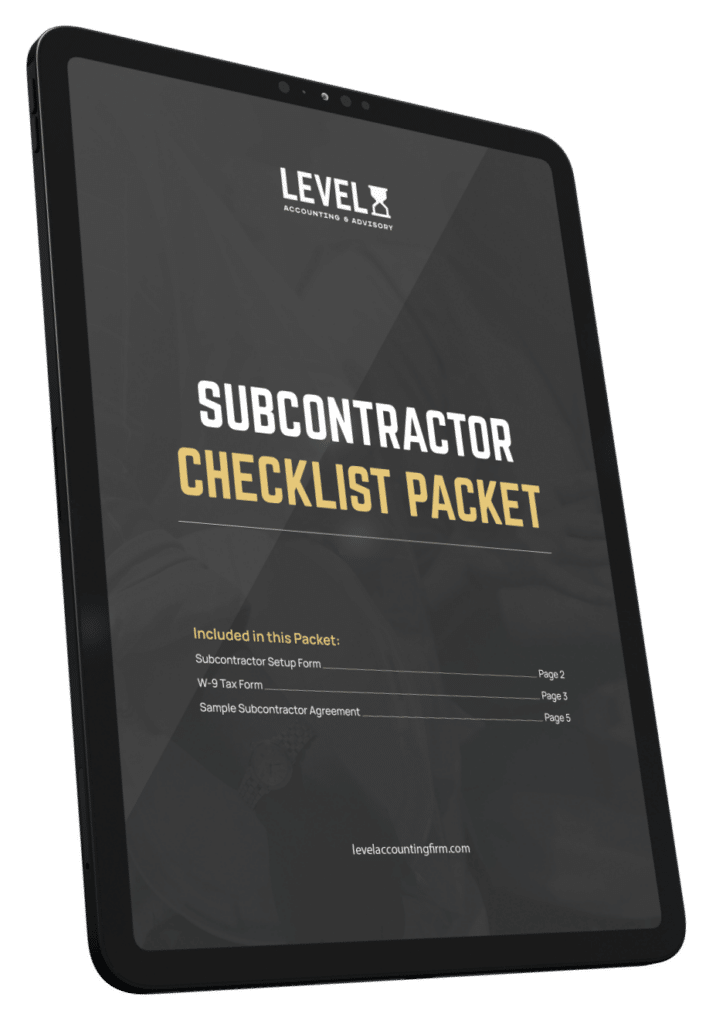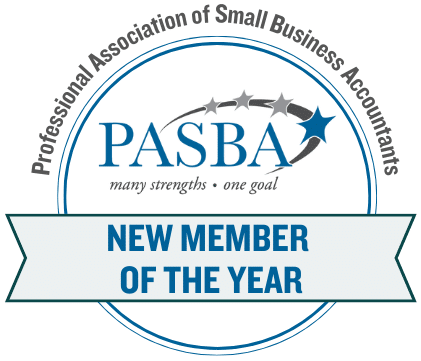In the ultra-competitive construction and trade industries, it’s important to stay one step ahead of the competition.
One of the best ways to measure your company’s standing among its rivals is through competitive benchmarking. Competitive benchmarking refers to the process of comparing your business’s performance against the performance of your competitors. By analyzing the strengths and weaknesses of other businesses in your industry, you can identify your own company’s key areas for improvement.
Types of Benchmarking
Competitive benchmarking is one of several versions of the benchmarking process. Here are brief descriptions of the four most common types of benchmarking.
Competitive Benchmarking
Competitive benchmarking measures your business against competitors in areas such as financial performance and customer satisfaction. Competitive benchmarking involves gathering data on your competitors and running a series of comparisons.
Internal Benchmarking
Internal benchmarking compares different sets of results within the same company. This may involve comparing recent results to previous time periods or comparing the performances of various departments or individuals within a company.
Functional Benchmarking
Functional benchmarking compares a function of your business to the same function in another business. For example, you may compare your sales team’s win rate to the win rate of a competitor’s sales team.
Generic Benchmarking
Generic benchmarking involves taking a step back in order to evaluate your company’s performance against the performance of companies outside of your industry.
Generic benchmarking may compare your company as a whole against other companies or may explore specific financial metrics. Generic benchmarking is similar to functional benchmarking but looks more broadly at best practices across different industries.
How Competitive Benchmarking Helps Your Business
Competitive benchmarking improves your understanding of your company’s industry and its leaders. Benchmarking helps business owners to:
- Identify areas for improvement
- Improve performance and profitability
- Enhance customer satisfaction
- Remain competitively viable
It’s easy to avoid thinking about the competition, but doing so means missing out on key insights about your business’s performance. Taking a look at your competitor’s strengths and weaknesses helps you better understand your company’s niche. The process can also reveal gaps in the marketplace that you may be able to fill by offering new or expanded services.
Competitive Benchmarking Steps
Identify Competitors
To find competitors for your benchmarking process, use online business databases like Dun & Bradstreet Hoovers to find businesses like yours. You can include companies that offer similar services, serve a similar geographic region, and/or are of a similar size to your company.
Determine Metrics
Along with choosing appropriate businesses for comparison, choose metrics that will help you gain the insights you’re looking for. For example, if you’re interested in comparing customer satisfaction data, you may choose the percentage of five-star reviews earned as a benchmarking metric.
Collect Data
Next, collect the best available data from your benchmarking competitors. The data you need may be publicly available on their websites or on third-party business tracking databases.
Analyze Data
After collecting your data, perform your benchmarking analysis. Compare your business to the competition based on the data and metrics you selected. How does your company stack up?
Identify Areas for Improvement
Use the results of your benchmarking analysis to identify parts of your business that need more attention or investment. Be as objective as possible and willing to embrace the results in order to bring renewed focus to your company’s areas of weakness.
Implement Changes
Use the knowledge gained from benchmarking to improve underperforming aspects of your business. Implement changes to help your company catch up to the competitors in your weakest areas.
Best Practices for Competitive Benchmarking
For best results from benchmarking, be sure to:
- Clearly define your objectives at the onset of the process
- Use reliable data sources
- Focus on measurable and relevant metrics
- Conduct benchmarking regularly over an extended time period in order to track progress
Thorough benchmarking procedures are somewhat time-consuming. However, if you’re partnered with an accounting team like Stratlign, you simply identify your goals, provide the relevant data from your records, and we’ll perform the analysis for you. Then, we’ll help you interpret the results so you can develop an informed action plan for addressing your company’s areas of need.
Get Industry Benchmarking for Your Construction or Trade Business
Stratlign is a full-service accounting firm for small and medium-sized companies in the construction and trade industries.
Are you unsure of how your business fits into its competitive marketplace? Would you like to invest funds and energy into jumpstarting new growth, but you’re unsure of where to start?
Stratlign can help. Our industry benchmarking services can help you zone in on your competitor’s strengths and weaknesses, helping you make more informed business decisions.
Contact Stratlign today to schedule a 15-minute call with our small business accounting experts.

